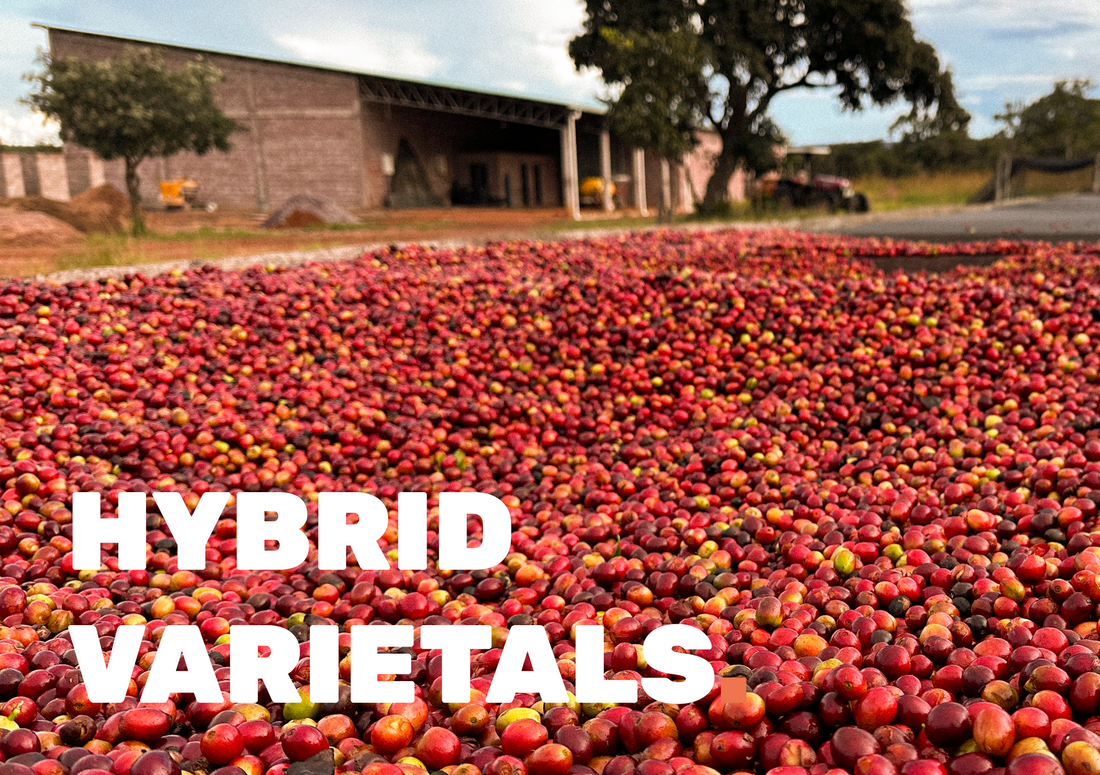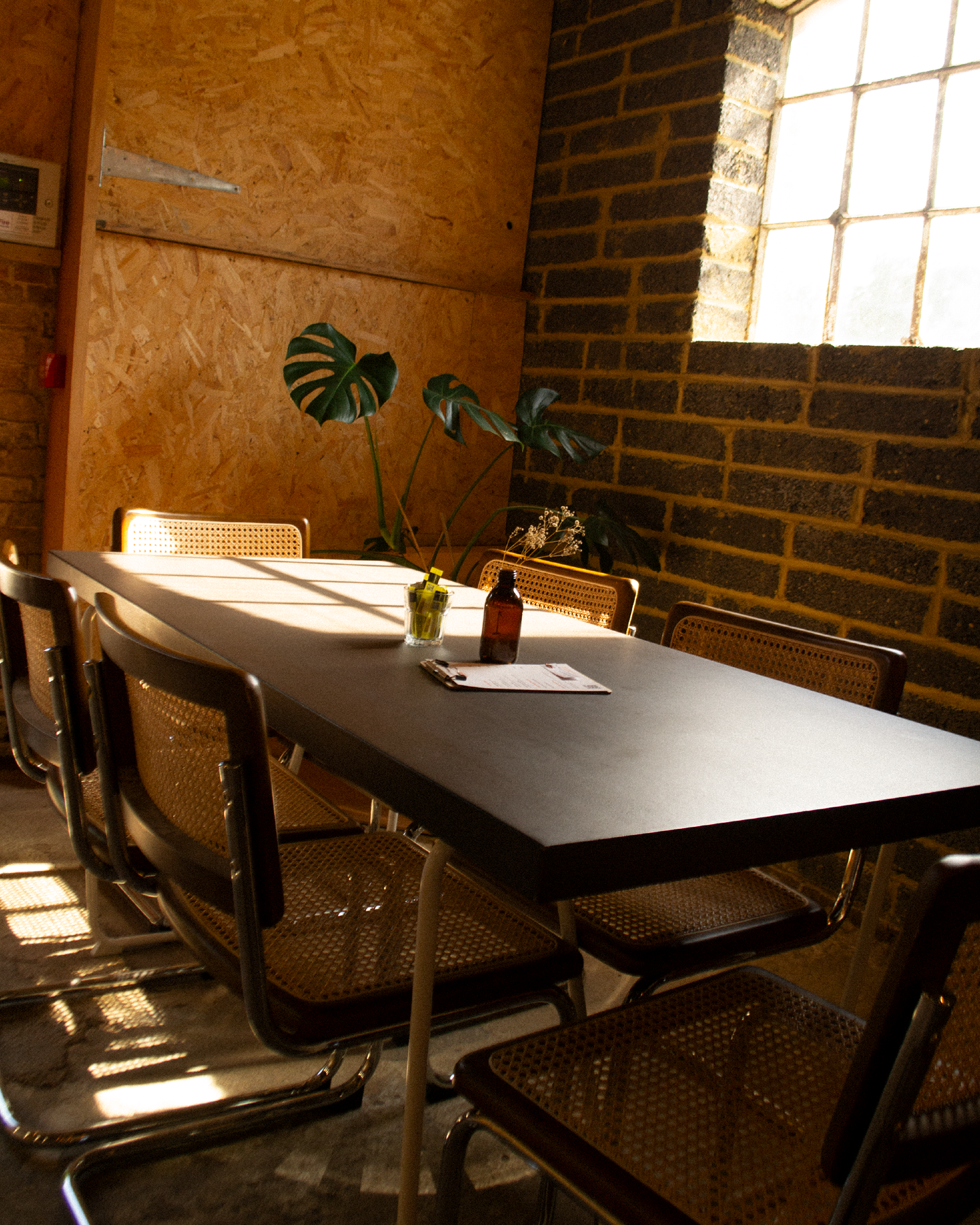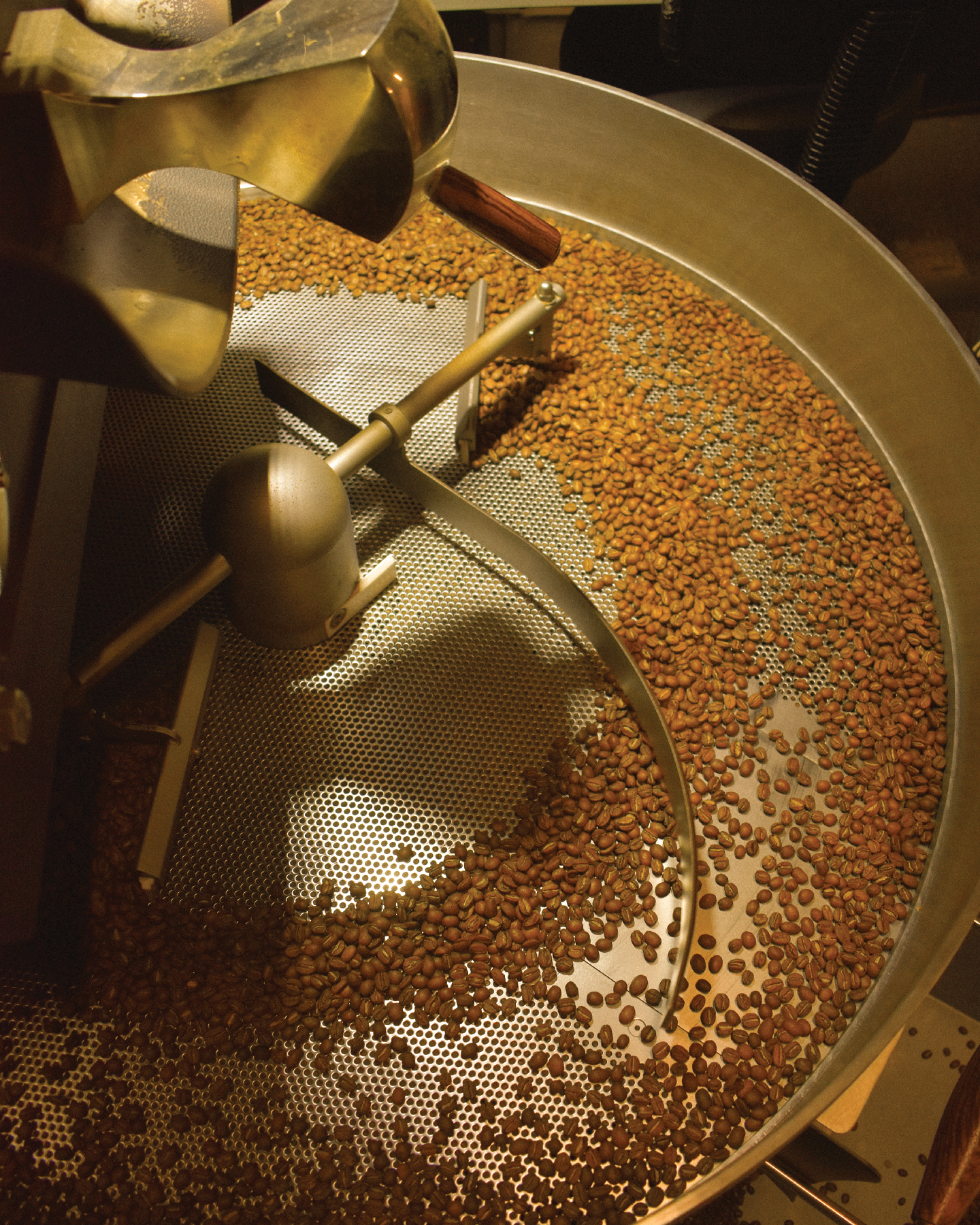
Climate Change and F1s - The Future of Coffee?
Share
The Problem.
Climate change is already having a dramatic impact on the coffee industry. Due to unseasonal shifts and freak events, weather patterns have been increasingly difficult to predict. Rainy seasons are too dry, dry seasons are too rainy, all of these changes have a severe and detrimental effect on coffee yield and quality.
In 2024, a freak drought in August and September followed by unseasonably heavy rain in October hit the Brazilian coffee industry hard. This, as you may remember, caused prices to surge to their highest ever levels as Brazil, the world’s largest coffee producer, roughly dictates the C-Price (the benchmark price coffee is sold at per kilo).
Whilst prices have come down from these lofty highs, these dramatic price spikes will only become a more common occurrence as the planet warms and ecosystems are irreparably damaged. Furthermore, the overall increase in temperature is already having an impact on the prevalence of disease and insects that can ravage plantations, wiping out whole harvests at a time. Without action, it is entirely possible that arabica could go extinct within our lifetimes as the area in which it flourishes become inarable.
Obviously, the perfect solution is to halt climate change but if the stupidity of the humanity’s pursuit of self-destruction has taught as anything, it's that this is hardly top of governments' agendas. Instead, coffee producer and agronomists are having to work with what they’ve got to stop a possible cataclysmic annihilation of the industry and F1, or First-generation, hybrids are just one avenue that is being explored.
What is an F1 Hybrid?
An F1 hybrid is effectively a crossbreed between two genetically distinct coffee varietals. The parent varietals are carefully selected and the crossbreeding engineered to create the new hybrid. Once the scientists are happy with the makeup of the plant, in a process that can take up to 20 years, the varietal is then replicated and established via carefully regulated manual pollination or even cloning.
The Pros.
Due to their careful and controlled breeding, F1 hybrids exhibit the enhanced positive traits of the parent varietals. This is due to a biological phenomenon called “hybrid vigour”, in which offspring inherit the positive characteristics from the parents and even display improvements on these assets. This means that F1 hybrids routinely exhibit a boost in yield, cup quality, and hardiness to disease, frost, drought, and insect repellence. Thus, making them a valuable tool in creating a future ready coffee industry.
The Cons.
For almost all F1 hybrids, propagation can only occur via manual pollination or cloning and many coffee producers simply do not have access to the capital, time, know-how, or facilities to do so. Allowing F1 hybrids to reproduce naturally can lead to mother-mother or father-father crossbreeds, where the produced coffee tree possesses the characteristics of just the mother or the father and lose out on many of the positive attributes acquired through controlled crossbreeding and hybrid vigour.
As many farmers collect and save coffee seeds to expand or re-plant their crops, this amounts to a major disruption of traditional coffee practices and, without proper education, producers can be left with trees that little resemble the intended characteristics of the plant.
Furthermore, many F1 hybrids require differences in nutrition and cultivation practices to flourish, compounding the importance of education to the success of these varietals. Education that is not always available to all.
The Starmaya.
When I said almost all F1 hybrids require manual pollination or cloning to propagate, I really did mean almost all. The Starmaya is the only commercially available F1 hybrid varietal to date that does not require cloning or manual pollination to reproduce. This is because it is a hybrid of the Marsellesa and a male-sterile Ethiopian/Sudanese landrace varietal, meaning that the latter does not produce pollen and propagation will therefore produce offspring naturally that are exclusively mother-father hybrids. Thus, benefiting from all of the positives of F1 hybridisation without the associated difficulties and pitfalls.
We recently picked up a Zambian washed Starmaya from our friends at Mount Sunzu and Omwani and have been thoroughly impressed by the clarity and quality of cup the varietal affords.
Final Thoughts.
The Starmaya is an important first in creating accessible F1 hybrids that will play an invaluable role in the future and survival of coffee cultivation in the face of an ever-progressing climate catastrophe. I would be extremely surprised if there are not, at this moment in time, many more F1 hybrid varietals with a male sterile parent in development in labs and on farms around the world that will appear on the market in coming years. One to watch, I think.




